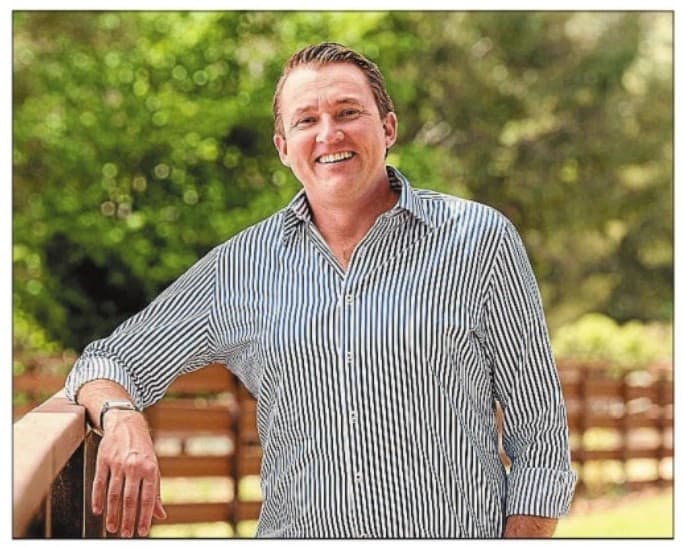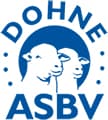Accurate genetic data is king
BY KRISTEN FROST ACM
TWELVE months ago, Gundagai Lamb offered its world-first value-based lamb grid, paying producers on lean meat yield, weight and intramuscular fat, with feedback on animal health at an individual carcase level.
The measurements are also inputted into the new MSA model for sheepmeat, which will predict the eating quality of nine cut by cook method outcomes (grill and roast) for each carcase.
During the past year, data has been tracked for breed and feed and although still a little immature in some of their findings, Gundagai Meat Processors chief executive officer Will Barton said there is no one particular breed that “outperforms” all others.
“From what we are seeing there is no one particular breed that works better or worse in our grid,” Mr Barton said.
“There is no one breed that conquers all else in terms of intramuscular fat levels or yield profiles at this point in time.”
But he said what they are seeing is sets of better performing genetics.
“When people ask us what is the best breed to maximise value in your grid, our response is, pick the breed that you’re most comfortable working with,” he said.
“That breed that suits your production system, that suits your broader goals for your business.
“That could be around structure, mothering, birth rates or growth weights – pick that first and then go and source the very best genetics available within that breed.”
He said Dohne sheep were performing just as well as every other breed on the grid.
“Dohnes are not better, they are not worse,” Mr Barton said.
“Every breed that we see has a normal distribution of intramuscular fat from high to low.
“There are exceptional groups of Dohnes that have come through our plant and there are plainer versions that have come through and that’s because the genetic spread in every breed is quite broad.”
He said it is highly unlikely that there will be one single breed that will ever be singled out as the “best performer”.
“There will be producers that get Dohnes to do amazing things, because they will produce better genetics within that breed,” he said.
“What is important in breeds is the level of data that the breed holds on the various seed stocks within its breed.”
And he said what is going to become king is not a particular breed, but the ability of that breed to describe in as much accuracy as they can, the different genetics within the breed.
“The breeds that are going to be successful are the ones that understand the importance of the data they hold for the various genetic lines within the breed,” Mr Barton said.
“The more accurate these data sets are, the more reliably a producer can select for and predict better commercial outcomes.”











 Facebook
Facebook YouTube
YouTube Instagram
Instagram